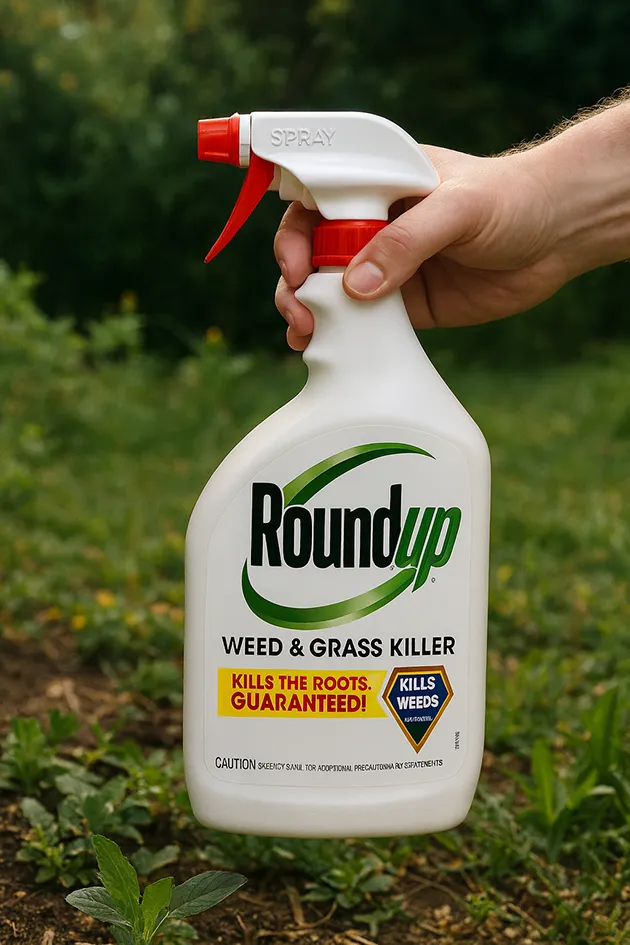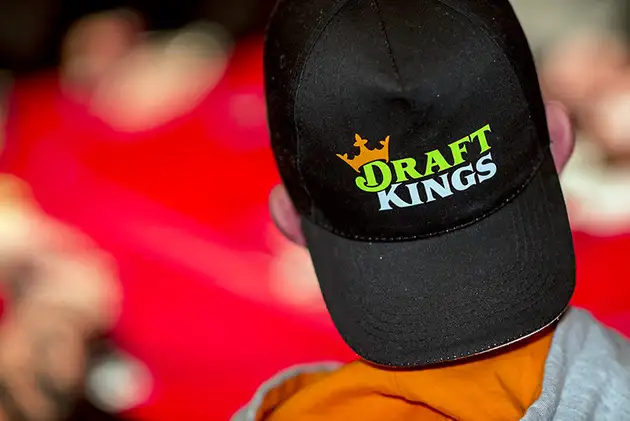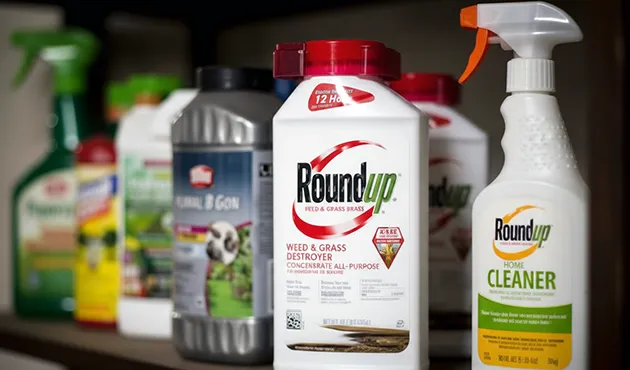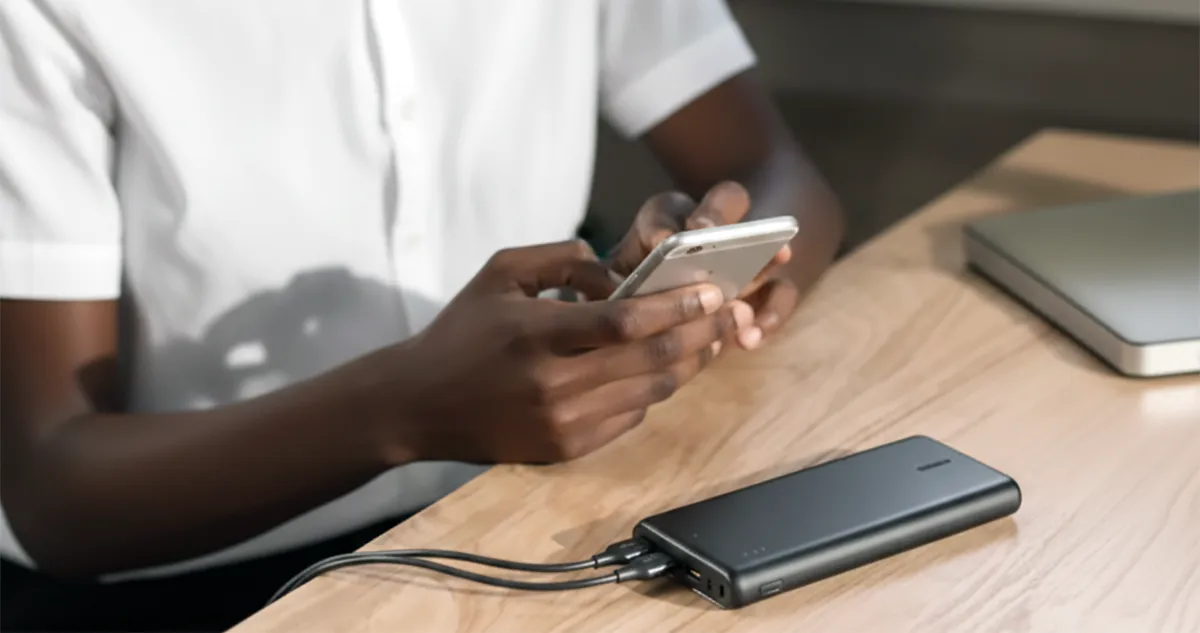How to Register for the Do Not Call Registry
Updated: January 13, 2023
What is the National Do Not Call Registry and How Does it Work?
For most people, you respond to unwanted phone calls by hanging up or blacklisting the unsolicited phone number. However, this method is not quite effective, especially for motivated telemarketers who want to make sales or create nuisances for consumers. These telemarketers will give you numerous phone calls that it becomes hard to block them since they can be using an "auto-dialer" and have a round robin of phone numbers, using different phone numbers every call. You can remedy this problem by signing up for the "National Do Not Call List" and getting rid of those pesky telemarketers - with minimal effort.The National Do Not Call Registry is a nationally regulated database of phone numbers that telemarketers are prohibited from calling. It was established in 2003 and adhered to the provisions of the Telephone Consumer Protection Act (TCPA) of 1991. There is no distinct Do Not Call registry for cell phones. Therefore, the same list includes both cell and landline phone numbers.
Register for the National Do Not Call Registry and Get Paid for Spam Calls to Your Number
The Telephone Consumer Protection Act allows for consumers to sue companies or individuals that spam them with robotexts, robocalls, or automated marketing using phones for anywhere between $500 to $1,500 per call or text, depending on the circumstances of the marketing. Additionally, for companies or individuals that ignore the National Do Not Call Registry, the TCPA allows for consumers to get up to $500 per unsolicited phone call.Often, the TCPA allows for and leads to class action lawsuits where a large "class" of consumers were called, texted, spammed, or robo-called and tele-marketed. This adds up to significant class action settlements historically, in the millions altogether.
Examples of TCPA Class Actions
1. Robert Kolinek filed a complaint in 2013, alleging TCPA violations and Walgreens agreed to pay $11 million to settle the case.2. In January 2017, a jury in Greensboro, North Carolina awarded Dish Network $20.5 million in a class-action case filed under the Telephone Consumer Protection Act.
3. On December 13, 2018, the Northern District of California granted summary judgment to Phan, a TCPA defendant in a case involving confirmatory text messages from Agoda Company.
4. On March 20, 2019, Diane Rice-Redding, Ricky Coleman and Ken Johansen agreed to a $5 million settlement in federal court in Georgia to resolve charges that the Nationwide Mutual Insurance Company violated the Telephone Consumer Protection Act.
5. Allstate Insurance Company agreed to pay Abante Rooter and Plumbing Inc. $10.5 million to settle claims of TCPA violations on April 12, 2019.
6. Pet Health Inc., an animal health insurance firm, agreed to pay plaintiff Christopher Legg $5.5 million to settle a class-action lawsuit alleging that the corporation violated the Telephone Consumer Protection Act on May 8, 2019.
7. Checkers Drive-In Restaurant agreed to pay $3.5 million on May 28, 2019, to settle a statewide class action alleging that it violated the Telephone Consumer Protection Act by sending spam promotional text messages to customers after they had revoked consent.
8. Judge William G. Young of the United States District Court for the District of Massachusetts approved a $14 million settlement in a global class-action lawsuit against HelloFresh for alleged violations of the Telephone Consumer Protection Act (TCPA) on October 15, 2021.
9. A class action settlement of $38,500,000.00 was reached in a class action against National Grid in which the original class action lawsuit (which was settled) alleged that National Grid and its debt collectors made calls that violated TCPA restrictions with their annoying robocalls to collect unpaid bills. Members of this class settlement are those who received pre-recorded calls between March 9, 2011, and October 29, 2021.
10. Individuals who received a recorded message from 1564 Ventures Inc., between June 26, 2019, and November 1, 2019, received a $750,000 settlement from Divvydose to resolve charges that the drugstore violated the TCPA.
What is the National Do Not Call Registry?
If you are one of more than 100 million people who have registered with the national "DO NOT CALL" Registry through the Federal Trade Commission, you are protected from telemarketers calling with information and offers. Unfortunately, for most telemarketing companies, the staff will always be relentless in trying to call all the numbers and keep the clients on their phones. If you don't pick up, your call registers as not answered, and the system programs another call for a few days later. To avoid getting these calls, then you should add your number to the Do Not Call list.The National Do Not Call Registry is a list containing phone numbers of consumers who wish to limit telemarketing calls. In June 2003, the Federal Trade Commission (FTC) and the Federal Communications Commission (FCC) passed rules authorizing the creation of a registry to protect consumers' privacy and prohibit abusive telemarketing practices. Today, you can opt-out of most telemarketing calls by listing your number on the registry.
Brief History of the Do Not Call Registry
The history of this list can be traced back all the way to 1991 when Congress signed the Telephone Consumer Protection Act. The Act placed restrictions on telemarketing calls and automated dialers. In addition, it recommended that the Federal Trade Commission create a database of consumers' phone numbers who didn't want to receive sales calls.The FTC didn't immediately create the database; they waited until June 2003 to make the Do Not Call Registry. It ensures that companies are not using phone calls or robocalls to reach the consumers on the list. Business telemarketers are explicitly forbidden from calling any phone lines on the Do Not Call list. People can register both their home and mobile phone numbers, which will remain on the list for five years.
A report on the Federal Communications Commission stated that from 2015 the number of consumer complaints about robocalls had steadily increased. Unfortunately, many of these robocalls originated from outside the United States, making it hard to track the callers. In 2009, the Federal Trade Commission enacted new rules prohibiting most pre-recorded telemarketing calls unless the customer gives a prior written authorization to receive such calls. Today, this list is reported to contain more than 200 million phone numbers. Yet, even with these new rules, telemarketers continue to blast consumers with robocalls.
How does the National Do Not Call Registry Work?
The National Do Not Call Registry is only designed to keep companies from sending you annoying calls if you've registered. After your phone number has been in the registry for 31 days, you can report unsolicited sales calls. Keep track of who called you, including the phone number they used and when they called, and file a complaint with the Federal Trade Commission.Telemarketers who play by the rules shouldn't call any number listed on the national registry. However, you might still receive calls even when your number is registered by other companies that don't follow the rules or are scammers. Scammers often obtain phone numbers from persons' search sites, so having your information removed from those sites is a good idea. It's best to avoid any interaction with these callers, even if they are promising to add you to the Do Not Call list. Companies that illegally call numbers on the registry or place an illegal robocall can currently be fined up to $43,792 per call.
How to Register for the National Do Not Call Registry
All it takes is a free, one-time registration to put your mobile number on the national registry. You may also register online on the official website of the United States Federal Trade Commission's National Do Not Call Registry. Once a telephone number is registered, it will stay on the registry until the registration is canceled or the service for the number is discontinued.The National Do Not Call Registry gives consumers a chance to choose whether they want to receive telemarketing calls or not. If you have registered your number with the registry, the Federal Communications Commission forbids commercial telemarketers from calling you, subject to certain exceptions. Consumers should register only their own personal telephone numbers as fax and business phone numbers are not covered. After the registration, the telemarketers should not call your number once it has been on the registry for 31 days. If they do, you can file a complaint.
You may still get calls from companies with whom you have a prior business relationship or with whom you have already consented to accept calls, even if you are on the Do Not Call list. Despite the registry's prohibition on telemarketing calls, consumers may still receive solicitation calls from political organizations, charities, debt collectors, and telephone surveys. A fine may be imposed on a third-party telemarketer who calls on behalf of a charity.
Register Here
How Do I Find Class Action Settlements?
Find all the latest class actions you can qualify for by getting notified of new lawsuits as soon as they are open to claims:
Bayer RoundUp Bug Spray Lawsuits
Status: Open to Claims
Submit Claim
Video Game Addiction Lawsuit
Deadline: Pending
Submit Claim
DraftKings & FanDuel Addiction Lawsuits
Status: Open
Submit Claim
$7.25 Billion RoundUp Bug Spray Settlement
Deadline: Pending
Learn More
Belkin Power Bank Settlement
Deadline: March 30, 2026
Submit Claim